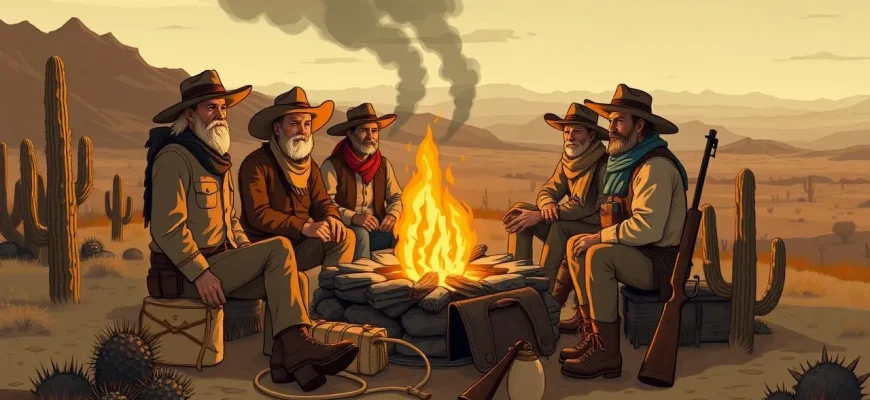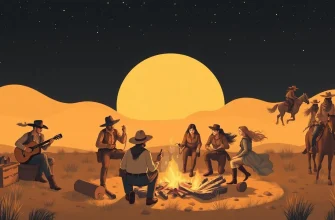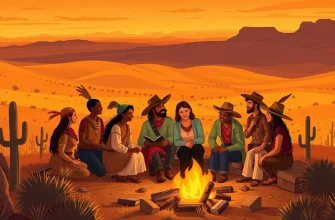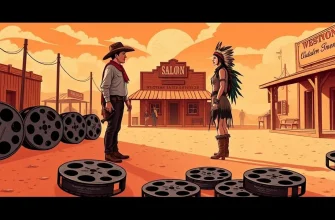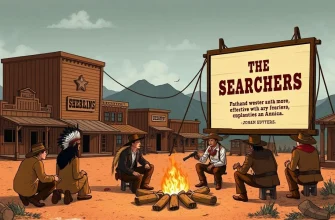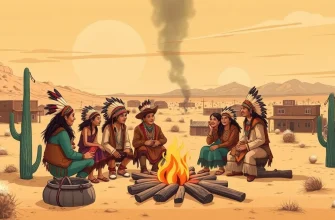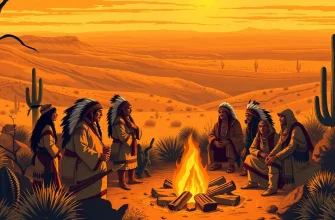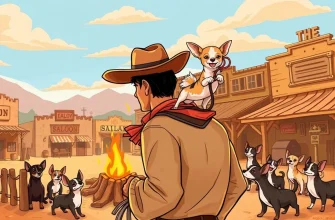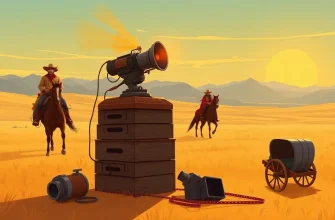Western films have long been a staple of cinema, offering a window into the rugged, lawless landscapes of the American frontier. This curated list celebrates films that not only capture the essence of the Wild West but also explore the deep-seated traditions and values that shaped its communities. From tales of honour and justice to the portrayal of Native American customs, these films provide a nuanced look at the cultural heritage of the West, making them invaluable for those interested in the historical and cultural significance of this genre.
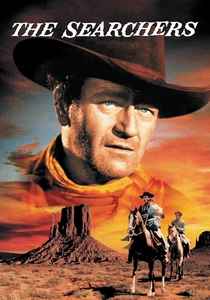
The Searchers (1956)
Description: John Wayne stars as a Civil War veteran on a quest to rescue his niece from Comanche captors, exploring themes of family, race, and cultural assimilation.
Fact: The film was shot in Monument Valley, a location synonymous with Westerns, and it influenced many directors, including Steven Spielberg.
 Watch Now
Watch Now
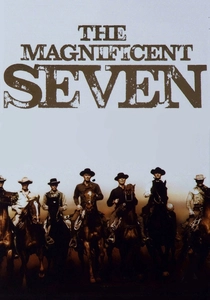
The Magnificent Seven (1960)
Description: A remake of Akira Kurosawa's "Seven Samurai," this film features a group of gunfighters hired to protect a small Mexican village, showcasing the tradition of heroism and community defense.
Fact: The film's score by Elmer Bernstein is one of the most recognized in cinema, often used to evoke the spirit of the West.
 Watch Now
Watch Now

The Man Who Shot Liberty Valance (1962)
Description: A senator returns to a small town to attend the funeral of a friend, revealing the truth behind the legend of who really shot the notorious outlaw, touching on themes of truth, myth, and tradition.
Fact: The film is often cited for its famous line, "When the legend becomes fact, print the legend."
 Watch Now
Watch Now
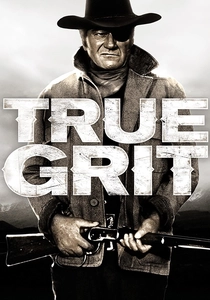
True Grit (1969)
Description: A young girl hires the tough U.S. Marshal Rooster Cogburn to track down her father's murderer, showcasing the grit and determination of the Old West.
Fact: John Wayne won his only Oscar for Best Actor for his role as Rooster Cogburn.
 Watch Now
Watch Now
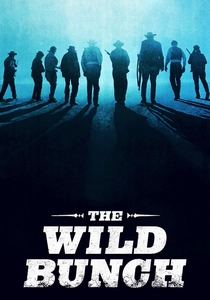
The Wild Bunch (1969)
Description: This film portrays an aging group of outlaws in the early 20th century, reflecting on the end of the Old West and the traditions that are fading away.
Fact: It was one of the first films to use squibs for realistic bullet hits, setting a new standard for action scenes.
 Watch Now
Watch Now
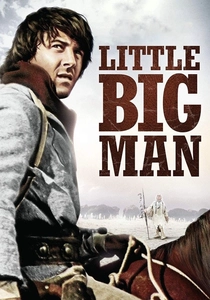
Little Big Man (1970)
Description: This film follows the life of Jack Crabb, a white man raised by the Cheyenne, offering a satirical yet poignant look at the clash of cultures and traditions.
Fact: Dustin Hoffman's portrayal of an old man was achieved through extensive makeup, which took over 4 hours to apply each day.
 Watch Now
Watch Now

The Outlaw Josey Wales (1976)
Description: After his family is murdered, a Missouri farmer becomes an outlaw, joining forces with others to survive, reflecting on the traditions of revenge and justice.
Fact: The film was directed by and stars Clint Eastwood, who also co-wrote the screenplay.
 Watch Now
Watch Now
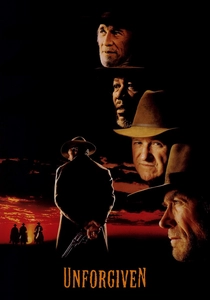
Unforgiven (1992)
Description: This film delves into the life of an aging outlaw, William Munny, who is drawn back into his violent past to seek justice, highlighting the clash between old and new ways of life in the West.
Fact: Clint Eastwood won his first Best Director Oscar for this film, and it was also his last on-screen role as a gunslinger.
 Watch Now
Watch Now
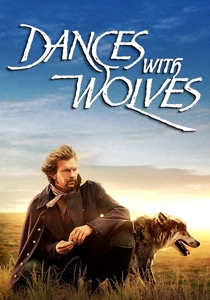
Dances with Wolves (1990)
Description: Kevin Costner's epic tale of a Union Army lieutenant who befriends a tribe of Lakota Sioux, showcasing the beauty and traditions of Native American culture.
Fact: The film was shot in South Dakota and Wyoming, with many scenes filmed on the Pine Ridge Indian Reservation.
 30 Days Free
30 Days Free
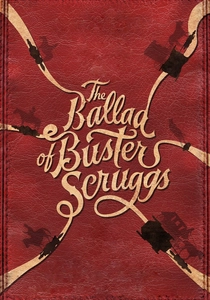
The Ballad of Buster Scruggs (2018)
Description: This anthology film by the Coen Brothers explores various facets of the West, with each story highlighting different traditions and moral codes.
Fact: The film was originally conceived as a TV series, but was later adapted into a feature film.
 30 Days Free
30 Days Free

